We were honored that I Shall Not Be Silent was screened at Dartmouth College on January 24th. Prof. Susannah Heschel of the Department of Religion hosted the screening, and Prof. Donald Pease of the English Department and Prof. Vaughn Booker of the Department of Religion shared reflections after the film. Executive Producers Andre Hunter & Kelly Fowler Hunter sponsored this event at their alma mater.
In the shadow of a demagogue’s ascension to the presidency of the United States, and in the glow of the Women’s March on Washington only three days earlier, we saw our own film anew. Everyone in the room felt and openly acknowledged the direct pertinence of the film – the history of Nazi Germany, Jim Crow America and the resistance to both embodied by Rabbi Prinz – to the moment we find ourselves in now. The anti-intellectualism that prevails in the current administration resonated as we watched the historical footage of Nazi propaganda minister Joseph Goebbel’s proclaiming "The time of excessive Jewish intellectualism has come to an end.” And the footage of Martin Luther King, Jr. and Rabbi Prinz proclaiming the prophets’ call for justice pulled at us like never before.
Professors Booker and Pease uncovered layers of meaning in the film that taught us something new about our own piece of work. Professor Pease noted that when Rabbi Prinz said, "America must not become a nation of onlookers. America must not remain silent. Not merely Black America, but all of America. It must speak up and act, from the President down to the humblest of us," he spoke not only to the crowd, but perhaps even more directly to the President, John F Kennedy, who had been slow to use federal power to guarantee equal rights. Pease lauded the courage that was required of Prinz, King and the other March leaders – and all the marchers -- to speak truth to power. It’s a courage we must emulate today.
Professor Booker observed that the footage of the March on Washington depicts a story of male leadership, when in fact African American women played a critical role in organizing not only the March but also the civil rights movement on the ground. In an age when people couldn’t organize on Facebook, women mobilized the foot soldiers of the civil rights movement. Though we may not see African American women in the iconic photographs of civil rights leaders, a deeper dive into history places them front and center in the picture.
In 1963, Rabbi Abraham Joshua Heschel wrote,
“Surrender to despair is surrender to evil. It is important to feel anxiety, it is sinful to wallow in despair. What we need is a total mobilization of the heart, intelligence and wealth for the purpose of love and justice.” (The Religious Basis of Equality of Opportunity)
The Women’s March on January 21st ushered in a movement across our country of people taking to the streets to fight for democracy and for one another. This movement, just beginning, closely aligns with the prophetic vision of the religious leaders who marched before us.
Note:
To learn more about African American women organizing for civil rights, Prof. Booker recommends:
Charles Marsh, I’ve Got the Light of Freedom: The Organizing Tradition and the Mississippi Freedom Struggle. University of California Press, 2007.
Barbara Savage, Your Spirits Walk Beside Us: The Politics of Black Religion. Belknap Press, 2012.
*From the lyrics of a South African Zulu hymn, Siyahamba: We Are Marching.
